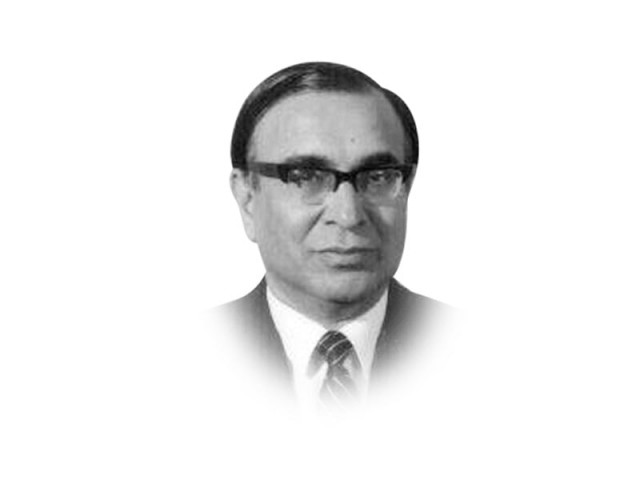Are the UK riots a political statement?
Even with their criminality, the rioters made a political statement that the government does not wish to recognise.

While looting and burning of glitzy shops was the common motif running through the ‘insurrection’, some other features stood out. There was no controlling organisation; only a shared history of miscreants’ poor relations with the police. Social stratification was a determining factor even amongst the immigrant communities. Indians, Pakistanis and Turks were victims rather than the perpetrators of anarchy probably because they have been more successful economically and have assets to defend and also because their family and clan structures have seen less wear and tear in Great Britain’s transition to neo-liberal economics. Again, communities that seek education proactively as a means of social mobility within state-sponsored facilities or by their own private investment stood apart from the utterly neglected social groups the hooligans came from.
In the post-war rehabilitation of a devastated Europe, Great Britain was emblematic of social care. The great moralists of the 19th century with roots in Christianity, Fabian socialists and diehard Marxists had all contributed to a culture of responsibility for the underprivileged, a culture of reciprocal obligations where altruism also protected upper class interests. It started disintegrating during the Margret Thatcher era. Continental Europe, unlike England, had seen huge convulsions of the French revolution and the revolutions of 1848-49. The latter failed but not without creating a strong foundation for social democratic movements agitating for welfare systems particularly after the fascist interlude.
If Thatcher undermined the bargaining power of the working class by weakening trade unions, Tony Blair stitched Britain to the political and economic system decreed globally by the United States by blunting the dialectical edges of the Labour Party. The result is that in the present upheaval, the demand from liberal and leftist circles for soul-searching finds little resonance in the government. We saw something similar in Sarkozy’s France after 2005; he actually intensified his quest for locating France at the heart of the capitalist West by fostering the prosperity of some while further marginalising others. Both Britain and France gave higher priority to US-led wars in the Greater Middle East and Africa than to domestic renewal. In Britain today, a mighty propaganda machine is trying to prove that the recent riots had nothing to do with the severe austerity cuts imposed by Cameron’s government that took away residual hope for salvaging rioting groups and gangs. Even with their criminality, they made a political statement that the government does not wish to recognise. In refusing to diagnose the deeper malaise, the government runs the risk of greater crises in the years ahead.
Published in The Express Tribune, August 15th, 2011.















COMMENTS
Comments are moderated and generally will be posted if they are on-topic and not abusive.
For more information, please see our Comments FAQ